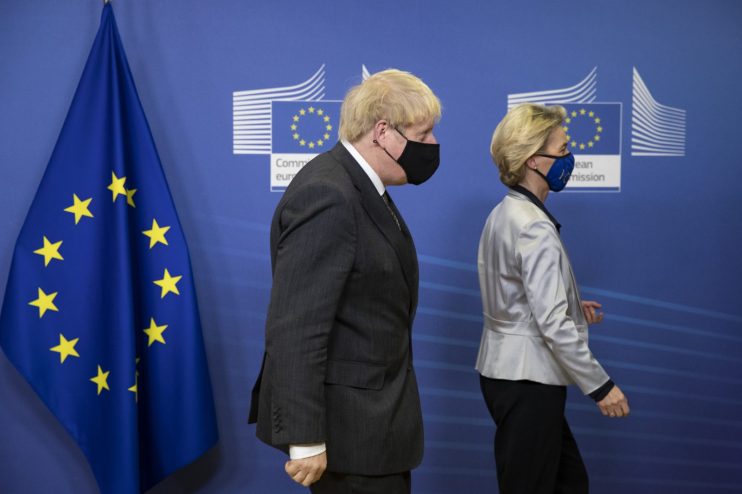Professional services firms to be called on to help make sense of Brexit

Professional services firms will play an important role in deciphering a Brexit deal – should the UK get one – or what the rules will be in the event of a no-deal scenario.
Time is running out for the UK and the EU to agree a post-Brexit trade deal. On the last day of the year the Brexit transition period will end, and if the two sides have not reached an agreement, World Trade Organisation (WTO) rules will come into place by default at 11pm – midnight in Brussels.
Many businesses are still not ready for the end of the transition period, and now a deal has been left until the eleventh-hour, it is even trickier for businesses to prepare.
According to Theta Global Advisors partner Chris Biggs, both legal and consulting firms will play an important role in helping businesses make sense of Brexit – whether it is deal or no-deal for the UK.
“There is still a huge amount of speculation of what [Brexit] could mean for a number of sectors that trade nationally and globally. In the professional services space, many clients will be impacted heavily by Brexit, so they are trying to understand their new working rules and regulations as quickly as possible,” he said.
“Legal and consulting firms hold an important role in deciphering a deal if it comes, and the framework and intricacies that it entails, or what the rules will be around a no-deal and future trade.
“Many firms will have used this time to try and prepare the best they can for 2021, but when the new rules are in practice, many will call on the professional services market to ensure that there are adhering to both the UK and European rules of the future.”
Biggs said systems and data were sectors likely to be heavily impacted by Brexit, and as a result firms may have to implement new systems to deal with both UK and EU law if a compromise is not agreed.
“Consulting firms that can help businesses with this will be in demand in the coming weeks, and while the House of Lords’ EU sub-committee raised potential concerns in the sectors, businesses will be relying on these firms to help them get through this period,” the partner added.
No-deal likely
The two largest barriers to securing a Brexit deal are future fisheries arrangements and the UK’s future state subsidy regime, which is a part of discussions over the so-called level playing field.
Earlier this week Boris Johnson flew to Brussels to meet EU chief Ursula von der Leyen, in the hope of trying to hammer out a last minute deal one-on-one. Both sides have since said there is a strong likelihood of no-deal.
Leaving the EU on no-deal terms would be a disaster for the UK’s economy, with the Office for Budget Responsibility (OBR) predicting that this scenario would knock two per cent off the UK’s GDP growth next year.
This would come after a predicted 11.3 per cent drop in GDP this year – the largest contraction in 300 years.